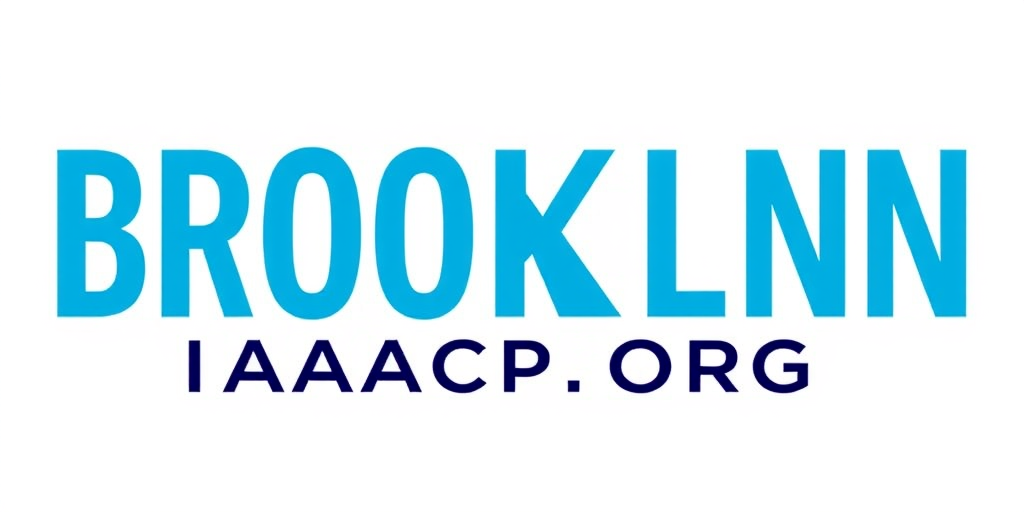
Top Features to Look for in a Professional Content Publishing Platform
In today’s digital age, businesses, marketers, and content creators are increasingly turning to professional content publishing platforms to streamline their content creation, management, and distribution processes Professional Content Publishing Platform. Whether you're a small business looking to scale your marketing efforts or a large corporation managing vast amounts of content, choosing the right publishing platform can make or break your content strategy.
Here are the top features you should look for when selecting a professional content publishing platform:
1. Ease of Use and Intuitive Interface
A user-friendly platform is essential for smooth content creation and management. The more intuitive the interface, the less time your team will spend on training and troubleshooting. Look for platforms with drag-and-drop functionality, easy-to-navigate dashboards, and clear instructions. It’s also helpful if the platform offers customizable layouts and themes, so you can align the look and feel of your content with your brand's identity.
2. Content Management Capabilities
Efficient content management is at the heart of any content publishing platform. Look for a platform that allows you to easily organize and categorize your content. This includes the ability to tag, label, and search for content quickly, as well as the ability to schedule posts and manage drafts.
A good content management system (CMS) should also enable version control and provide a robust editorial workflow, allowing multiple users to collaborate without confusion. This ensures your content creation process is streamlined and consistent, especially when working with large teams.
3. SEO Tools and Optimization
Search engine optimization (SEO) is essential for driving organic traffic to your content. A professional content publishing platform should offer built-in SEO tools to help optimize your posts for better visibility in search engines. These tools can help with keyword research, meta tags, image alt text, and readability scores, all of which contribute to SEO success.
Moreover, a good platform will give you insights into your content’s performance, so you can adjust your strategy based on data-driven decisions.
4. Multichannel Distribution
Today’s content doesn’t just stay on one platform; it needs to be distributed across various channels to reach a broader audience. Whether it’s your website, social media, email newsletters, or other content hubs, your publishing platform should integrate seamlessly with these channels.
Look for platforms that allow for easy cross-channel publishing and automation. For instance, features like automatic posting to social media, content syndication, and email integration are essential for maintaining a consistent and far-reaching content strategy.
5. Analytics and Reporting
Content creation is only one part of the puzzle; analyzing its effectiveness is equally important. A great content publishing platform should offer robust analytics and reporting tools that track the performance of your content. These tools will allow you to monitor engagement metrics such as views, shares, comments, and conversion rates.
Having these insights at your fingertips helps refine your content strategy, optimize your ROI, and understand what resonates with your audience. Look for platforms that offer customizable reports and easy-to-read visualizations, so you can quickly interpret data and act on it.
6. Collaboration Features
For teams working together on content, collaboration features are a must. A professional publishing platform should allow multiple users to work together efficiently. Features like content approvals, comments, task assignment, and real-time collaboration can help streamline the content creation process, especially when working with remote teams.
The ability to track changes and manage permissions is also vital in ensuring that the right people have access to the right parts of the content, and no mistakes are made during the approval process.
7. Content Personalization and Targeting
Personalization is key to delivering the right message to the right audience at the right time. Advanced content publishing platforms allow for personalization based on user behavior, interests, or demographics. Look for platforms that offer customizable landing pages, audience segmentation, and targeted content recommendations.
Personalized content can greatly enhance user experience, drive engagement, and increase conversions by ensuring your audience sees content that is relevant to them.
8. Security and Compliance
Security is always a top priority when dealing with sensitive data, whether it’s your company’s internal information or your audience’s personal details. Ensure that the platform you choose complies with data protection regulations, such as GDPR or CCPA.
Look for features like encryption, secure login options (such as two-factor authentication), and regular security updates. You should also be able to control who has access to what data, ensuring that sensitive information is only visible to authorized users.
9. Mobile-Friendly Features
In an increasingly mobile world, it’s crucial that your content publishing platform is mobile-friendly. Not only should the platform itself be responsive (meaning it works well across devices), but your content should also display beautifully on smartphones and tablets. With more users consuming content on mobile devices, ensuring a mobile-optimized experience is vital for engagement and accessibility.
10. Scalability and Flexibility
As your business grows, so will your content needs. A great content publishing platform should be able to scale with your organization. Look for platforms that offer flexible plans or features, so you can start small and expand as needed. Whether it’s adding more users, integrating with third-party tools, or handling an increased volume of content, scalability is a key feature to ensure long-term success.
11. Customer Support and Resources
Even the most intuitive platforms may require assistance from time to time. Excellent customer support can save you from unnecessary downtime and frustrations. Look for platforms that offer 24/7 support, whether through live chat, phone, or email. Additionally, check if they have an extensive knowledge base, tutorials, and webinars to help you get the most out of the platform.
Conclusion
Choosing the right content publishing platform is crucial for the success of your content strategy. By focusing on ease of use, robust content management, SEO tools, multichannel distribution, analytics, collaboration features, and security, you can ensure your platform meets the evolving needs of your content team. Remember to choose a platform that aligns with your business goals and provides the flexibility to grow with your needs.
4o mini

